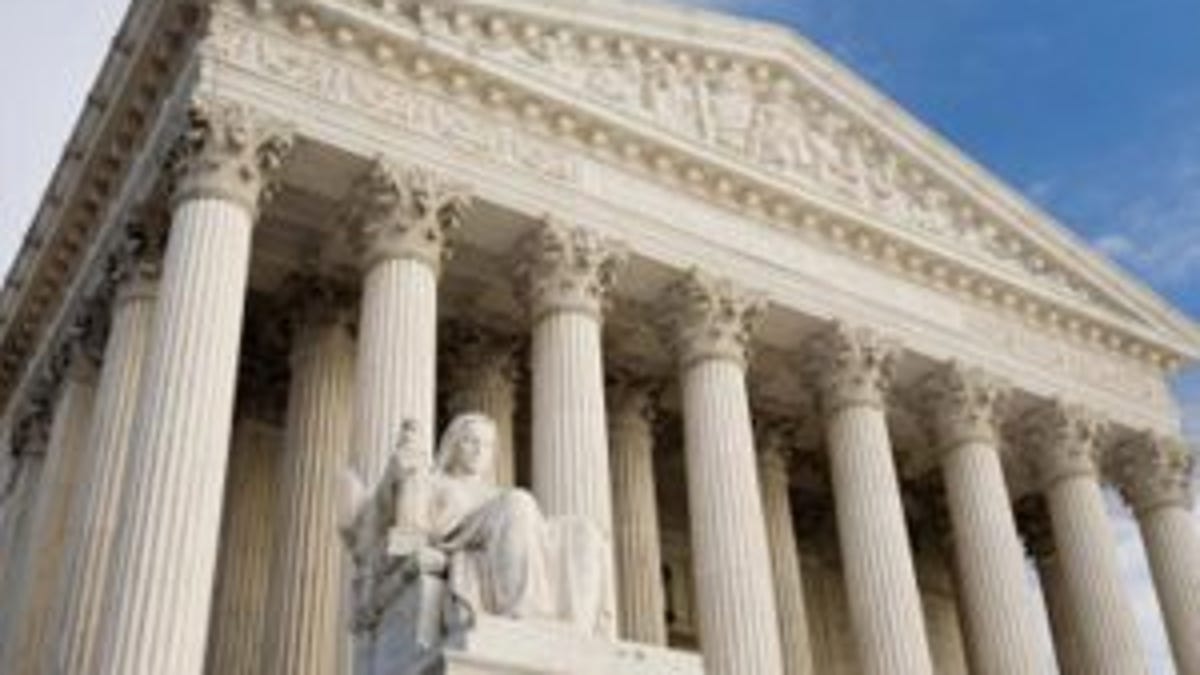Lawmakers introduce bill on warrantless GPS tracking
A bipartisan group of lawmakers is trying to make warrants mandatory for tracking suspects with GPS devices.

A bipartisan group of lawmakers has introduced a new bill, known as the Geolocation Privacy and Surveillance Act, to force law enforcement to obtain a warrant to track suspects with GPS devices.
The bill, which was introduced to Congress yesterday, is sponsored by Reps. Jason Chaffetz (R-Utah) and Jim Sensenbrenner (R-Wis.), as well as Sen. Ron Wyden (D-Ore.) and House judiciary committee ranking member Rep. John Conyers (D-Mich.). If passed, it would provide a "legal framework" that provides clear guidelines on when and how GPS devices can be accessed and used.
"New technologies are making it increasingly easy to track and log the location of individuals. We need to make sure laws are keeping up with technology to protect our privacy," Chaffetz said. "Put simply, the government and law enforcement should not be able to track somebody indefinitely without their knowledge or consent or without obtaining a warrant from a judge."
The legislation was introduced a day after the government argued before a federal appeals court that warrantless GPS tracking is an important part of the law enforcement process. The government's attorneys have argued that GPS devices can be used to "gather information to establish probable cause, which is often the most productive use of such devices." Requiring a warrant means being forced to establish probable cause before that and ultimately limit the value of GPS devices.
The debate over warrantless GPS tracking has been going on for years after law enforcement officials used data gathered from such devices to follow alleged criminals. Some had hoped the issue was resolved last year when the U.S. Supreme Court ruled in a unanimous decision that the Fourth Amendment protection of "persons, houses, papers, and effects, against unreasonable searches and seizures" would be violated if law enforcement agencies were allowed to attach a GPS device to a suspect's vehicle without obtaining a warrant.
The decision involved a case in which District of Columbia police placed a GPS tracking device on the car of suspected cocaine dealer Antoine Jones. Following a conviction, the U.S. Court of Appeals for the District of Columbia in 2010 threw it out, saying a warrant was required to track Jones and fellow defendant Lawrence Maynard.
However, the Supreme Court's ruling was not exhaustive in its scope and left open the possibility of using other devices, like smartphones and OnStar systems, as position-tracking devices without a warrant. The latest legislation, which has the backing of the American Civil Liberties Union and the Electronic Frontier Foundation, among other civil rights groups, aims at addressing such loopholes.
"Although [the Supreme Court ruling] was a step in the right direction, the Department of Justice is still arguing in court that they do not need a warrant to track someone's movements using GPS devices or technology," Chaffetz said. "This highlights the need for Congress to step in and provide clear and reasonable guidelines."

